Things To Bear In Mind When Traveling to Japan

About 2.5 million international travelers went to Japan in August 2019, as reported by the Japan National Tourism Organization (JNTO). That’s a lot of visitors! Of course, who wouldn’t want to visit the land of the rising sun? With the rich culture, numerous tourist spots, and unique experiences, Japan truly sets itself apart from other countries.
If you’re traveling to the iconic island country for the first time, you might be feeling a bit nervous. It’s understandable! From the language, culture, to its geography, there are things that you will have to know so you can enjoy your trip to Japan.
Table of contents
Travel in Japan: A Guide for First-Timers

Just like any other travelers, there’s always a first time. And your first time in Japan has to be unforgettable! Aside from preparing your itinerary that probably includes an onsen experience, a visit to famous temples, and a night in Tokyo, it’s important to prepare yourself too.
How is life in Japan? Which stuff should you bring? What part of Japan’s culture should you take note of? If you have been dreaming of a trip to Japan, you deserve nothing but a comfortable and memorable time! Here are a few things that will guide you to your full Japan experience:
Japan’s Seasons
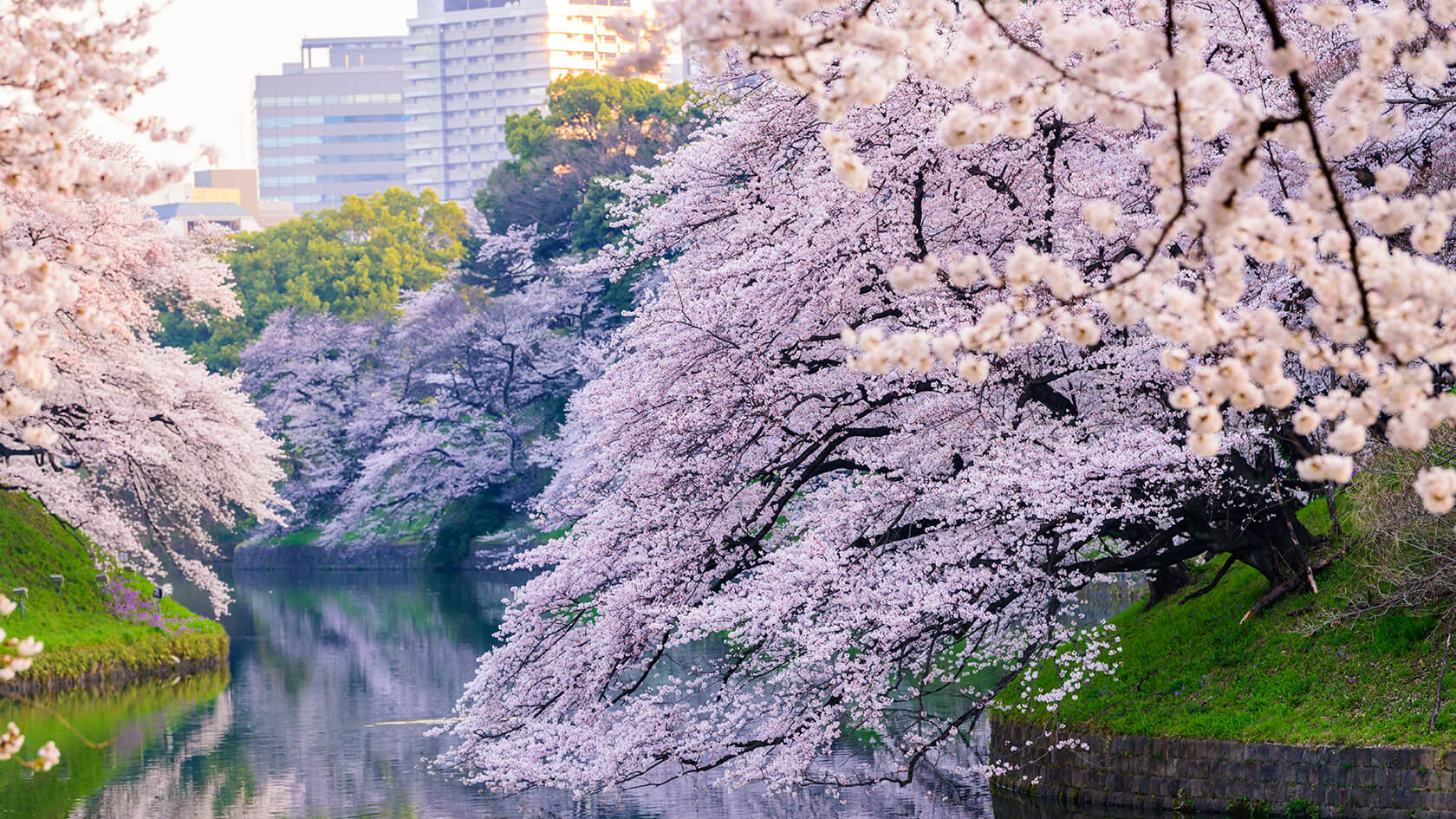
Japan lies on the east coast of Asia, and it has four distinct seasons. That means you will have to adjust your wardrobe according to winter, spring, summer, and fall! The tourist crowd also depends on the season, and there are different festivals that you can participate in.

If you’re flying to Japan sometime between June to August, be ready to have a great summertime! Although summer in Japan is sweltering and humid, with an average temperature of 81°F (27°C), you can beat the heat with exciting summer festivals and remarkable sightseeing adventures. Just don’t forget to bring your sunblock, a tiny hand towel, and a sun hat with you!
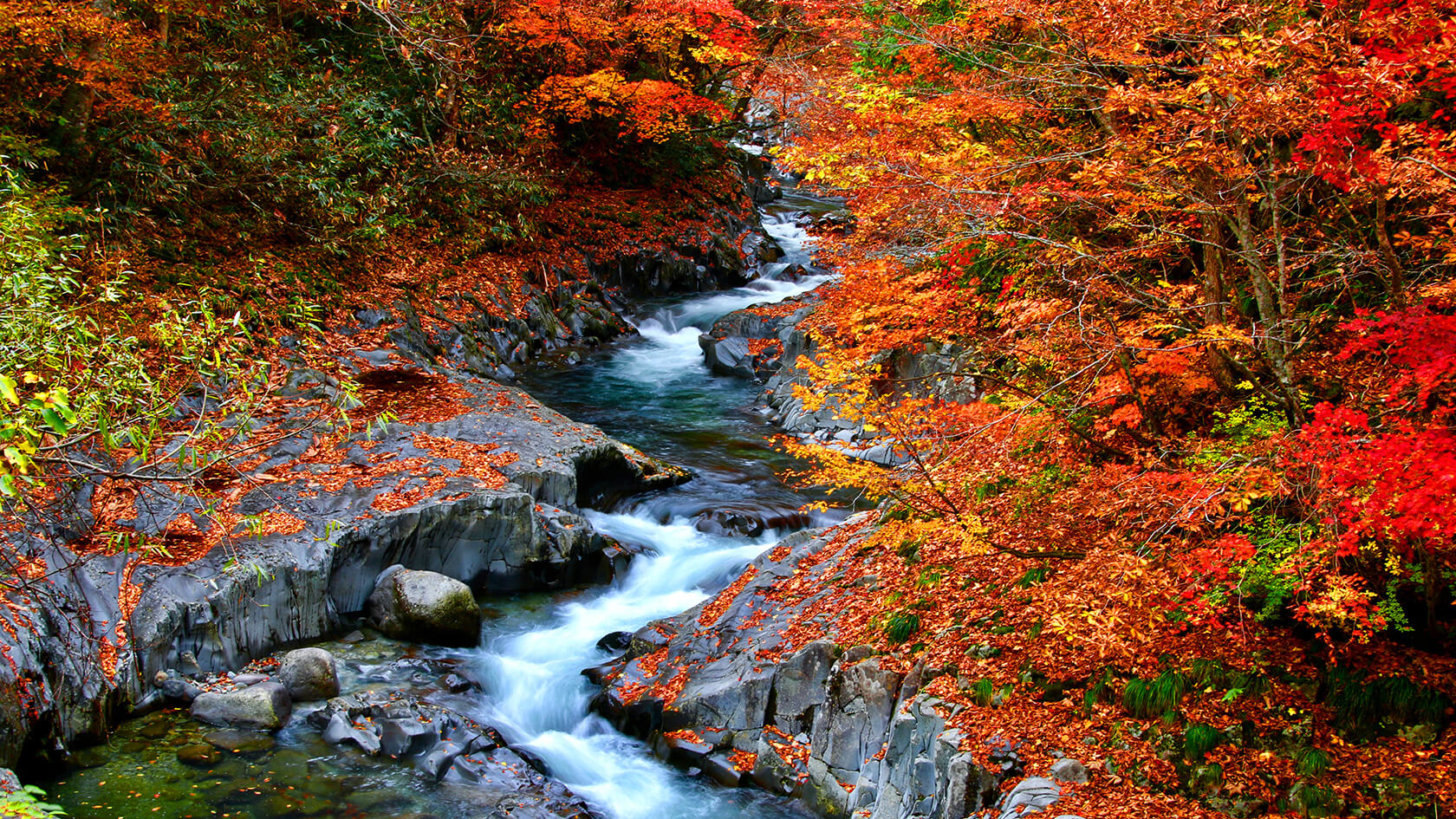
Autumn in Japan starts around September. The temperature becomes more refreshing compared to summertime, and it is the “season of art.” You can marvel over the beautiful, vivid colors of the country’s nature until November! There’s also such a thing called “autumnal appetite.” You will get to taste the abundance of seafood and fruits of the land.
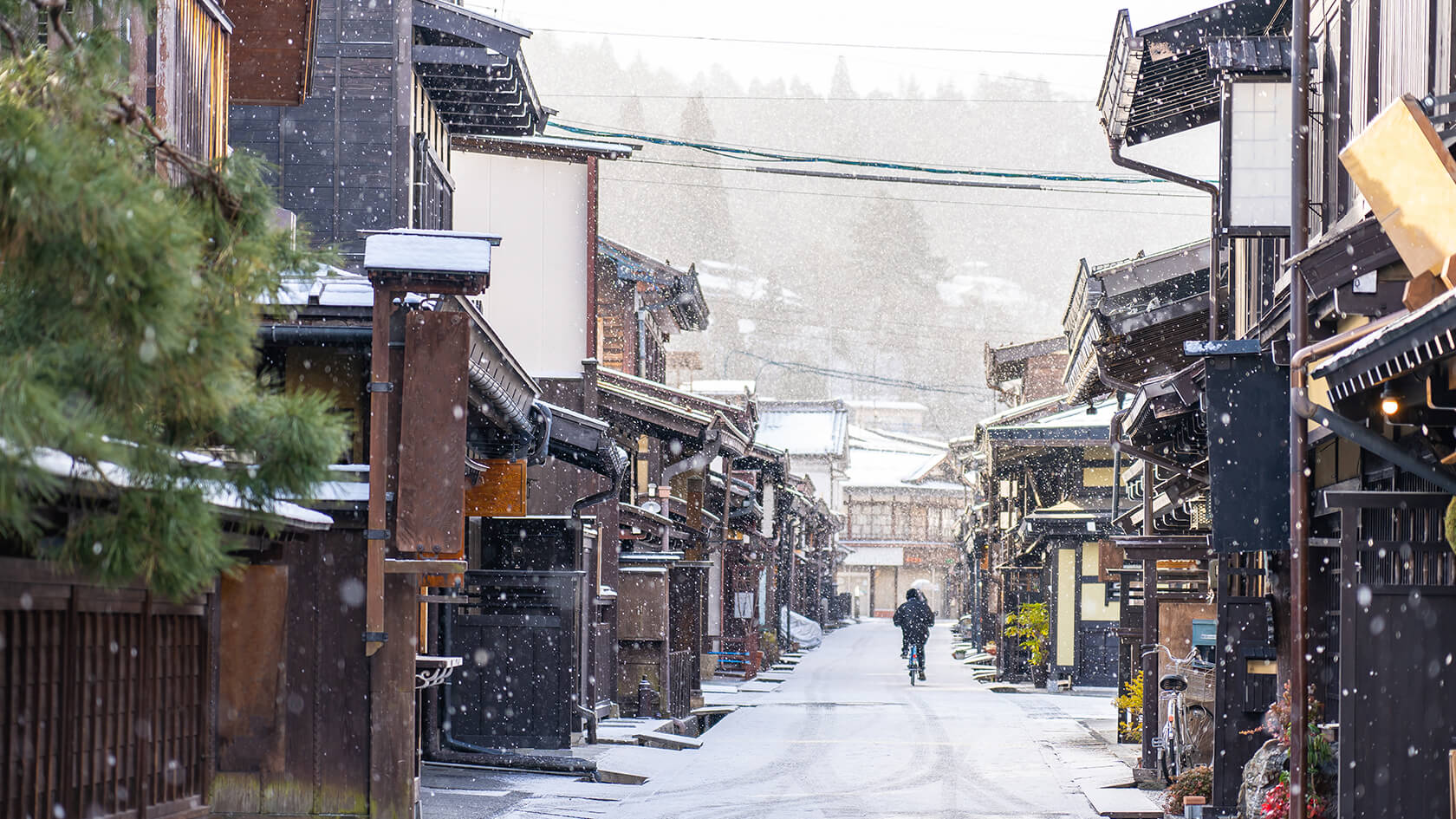
If you’re coming from a warm country and you want to experience snow for the first time, December to February in Japan is the best time. With a temperature that usually drops down to 48°F (8°C) on average, you can expect Japan to be freezing! Of course, it will be ski season, and holiday markets will be in business. In December, you get the best chance to see Mount Fuji. Make sure you don’t leave your thermals behind.
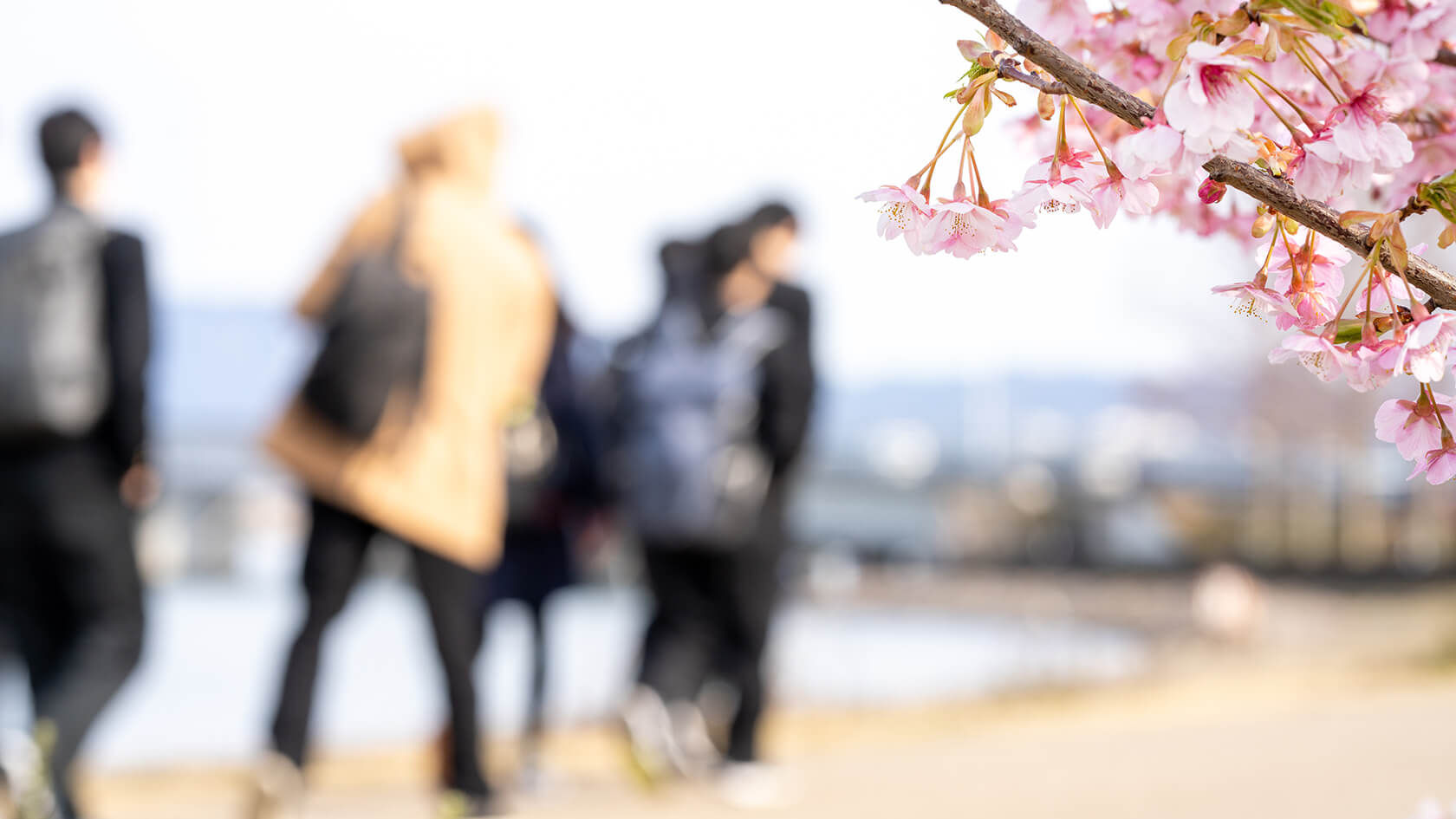
Finally: spring, the season of farewells and beginnings, the Golden Week, and of course, cherry blossoms. Japanese tourism is usually busiest during March to May. You might even have to book accommodations for this season up to 12 months in advance. But once you see the blooming cherry blossoms, it will all be worth it!
The seasons give you equally unique Japan experiences. Bring appropriate layers and clothes, and travel comfortably. If there are seasonal festivals that you want to celebrate, book for the right season. Get ready to witness Japan in different hues!
Language

As a first-time traveler who might have limited Japanese language proficiency, exploring the country can be a challenge! How will you communicate and get from one place to another? A significant number of Japanese locals can speak in English, but only a few might be confident enough to communicate. It will be wise to bring simple Japanese phrases with you!
As a first-time traveler, downloading mobile apps that can guide you around can also help you big time! Especially when you can speak and read little to no Japanese, apps such as Hyperdia, Japan Navitime, and Google Maps will come in handy.
You may stay connected by purchasing a local SIM card or portable Wi-Fi at the airport. Wi-Fi hotspots are available in Japan, so you can conveniently access your English-Japanese dictionary and maps anytime.
As some think that the Japanese language is impenetrable, locals are continuing to study English. There are signboards in English in some places, too! Since most locals are most comfortable communicating in their language, learning and living their culture will be another great experience.
Cash or Credit?

Going cashless is more common in other digitally advanced countries. You may purchase everything with credit cards. It is convenient, yes, but when you’re on your way to Japan, it’s better to prepare some cash still. Japan is a cash society!
While some stores and establishments accommodate payments through credit cards, carrying 10,000 to 20,000 JPY everywhere with you is still the safest way to go. You could also purchase Suica cards, which are pre-loaded and usable all over Japan. You can also use them on vending machines and convenience stores.
In Japan, cash is a crafted product. It has a social value, and it is kept clean and crisp. Credit or debit cards may be more important to other countries nowadays, as technology development is unstoppable, but cash is still unmatched in Japan. People use cash at weddings, funerals, and for prayers at temples. As they say, cash is king.
Remember to keep your coins, too! In Japan, your coin purse might be one of the most important things that you should have with you all the time, especially in train stations. Bring cash, coins, and find a way to get more of them!
Transportation

Japan stretches for about 2,400 kilometers through the Western North Pacific Ocean. It is composed of four main islands: Hokkaido, Honshu, Shikoku, and Kyushu. Japan is a big country, which means transportation is an adventure itself! But to completely ease your worries, there are several available modes of transportation in the country. And they’re all efficient!
People who have traveled to Japan before will probably recommend getting a Japan Rail (JR) Pass. With this, you get to have a week-long unlimited trip via shinkansen or bullet trains for at least 29,000 JPY. Compared to regular tickets that cost at least 13,000 JPY each, it’s a great deal.
Getting a JR Pass will have to depend on your itinerary. The JR Pass is highly recommended to those who will be staying in the country for 15-90 days. It’s also most convenient for traveling long distances. Aside from the JR Pass, there are also the prepaid IC Cards, or smartcards, such as Suica and ICOCA. They are very convenient for public transportation payments.
You can travel within Japan by plane, train, and bus. You may also opt to get taxis if you are exploring with a frugal budget. Japan is proud of its efficient, convenient, and safe modes of transportation. It’s possible to have a practical vacation!
Etiquette

Japan is culturally rich, which means you have lots to learn about basic manners. Some minute details that are completely normal and okay in other countries might be questionable in Japan. Here are some types of etiquette to take note of:
Bowing is the ultimate sign of respect.
In Japan, people rarely shake each other’s hands. When greeting or apologizing, you bow instead. Bowing means lowering or humbling yourself to the other person. And there are different degrees to this gesture, so practice them beforehand!
Respect the food.
There are proper ways of using chopsticks and cleaning up after eating. Wasting your meal is discouraged in Japan. If the food fails to meet your expectations, still express your appreciation.
No tips.
No matter how satisfied you are with their services, giving tips to waiters, drivers, and other workers are discouraged. Back home, tips are highly appreciated, but it is considered rude in Japan. Simply pay the exact price and you’re good to go.
Bring your trash with you.
Japan takes recycling seriously. Even learning the basics of sorting your trash is another task! There are only a few trash cans in public areas, and they are far between, so people are fully responsible for their waste. Adapt to the discipline and help maintain the cleanliness.
Silence is golden.

Show your respect for places like temples, onsen or hot springs by keeping quiet. The same goes for when you are in the subway! Since you are sharing the space with other people, being wary of your conversations will be valued.
Stay on the right… or the left side.
Stand on the left when you are in Tokyo, and stand on the right when in Osaka. It depends on the area! Keep this in mind when you’re riding the escalator, too. Avoid causing inconvenience to other people by following what they’re doing.
Leave your footwear outside.
There are designated slippers for different places. When you enter someone’s house, leave your footwear outside, and go in with presentable socks. Slippers for bathrooms are also another pair!
Smoke in designated areas.

While some restaurants in Japan allow you to smoke, respect others by smoking in proper places. Almost every establishment has a smoking section.
Having a tattoo in Japan can be quite a taboo as they are usually associated with the Yakuza or members of organized crime syndicates. Some establishments might ask if you have tattoos, especially in a traditional onsen.
Toilets might sing to you!
And they come with a lot of buttons. Well, there are the traditional squat-type toilets and the modern ones. Regardless, you are guaranteed a comfortable experience in their restrooms! Usually, you may use public toilets for free, and everyone is expected to keep it clean.
Conclusion
These are only a few of the things that you should remember when traveling for the first time in Japan. Don’t fret! You’re about to have a special first-time experience, and enjoying without getting in trouble is the ultimate goal.
Traveling is one of the most exciting things, and Japan is an incomparable destination. Think of your basic needs and consider Japan’s weather and climate, which influences the festivals and surge of tourists. The modes of payment and transportation will also affect your entire trip. The language and culture make most of your Japan experience, so make sure you learn and adapt.
When in doubt, asking for help never hurts. Japan is one of the most visited countries in the world, and your own experience has to be worth it. As a foreign traveler, it might not be that easy, but it will definitely be exceptional!
Motto Japan, the community platform to support foreigners with the foundation for life in Japan, including Japanese study, job opportunities, and housing service. Motto Japan Media will provide a wide variety of information for Japanese fans all over the world, to create a cross-cultural environment and enrich the life of foreign residents in Japan!




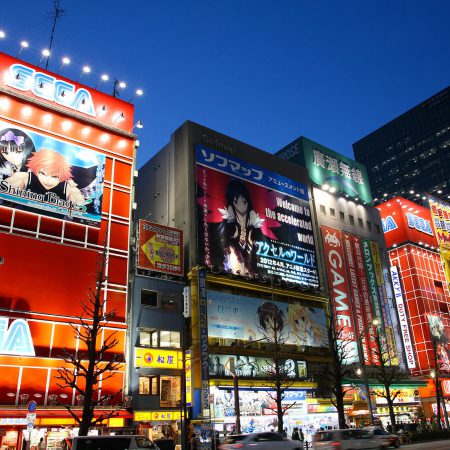


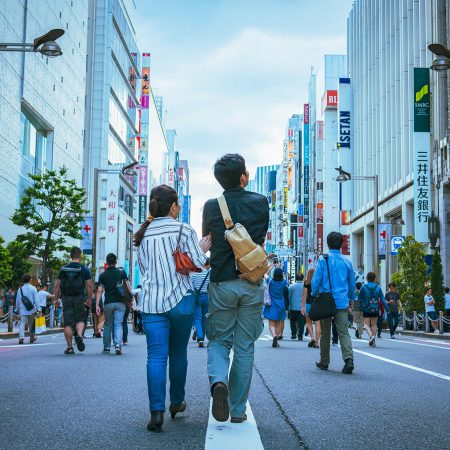





Leave a Reply